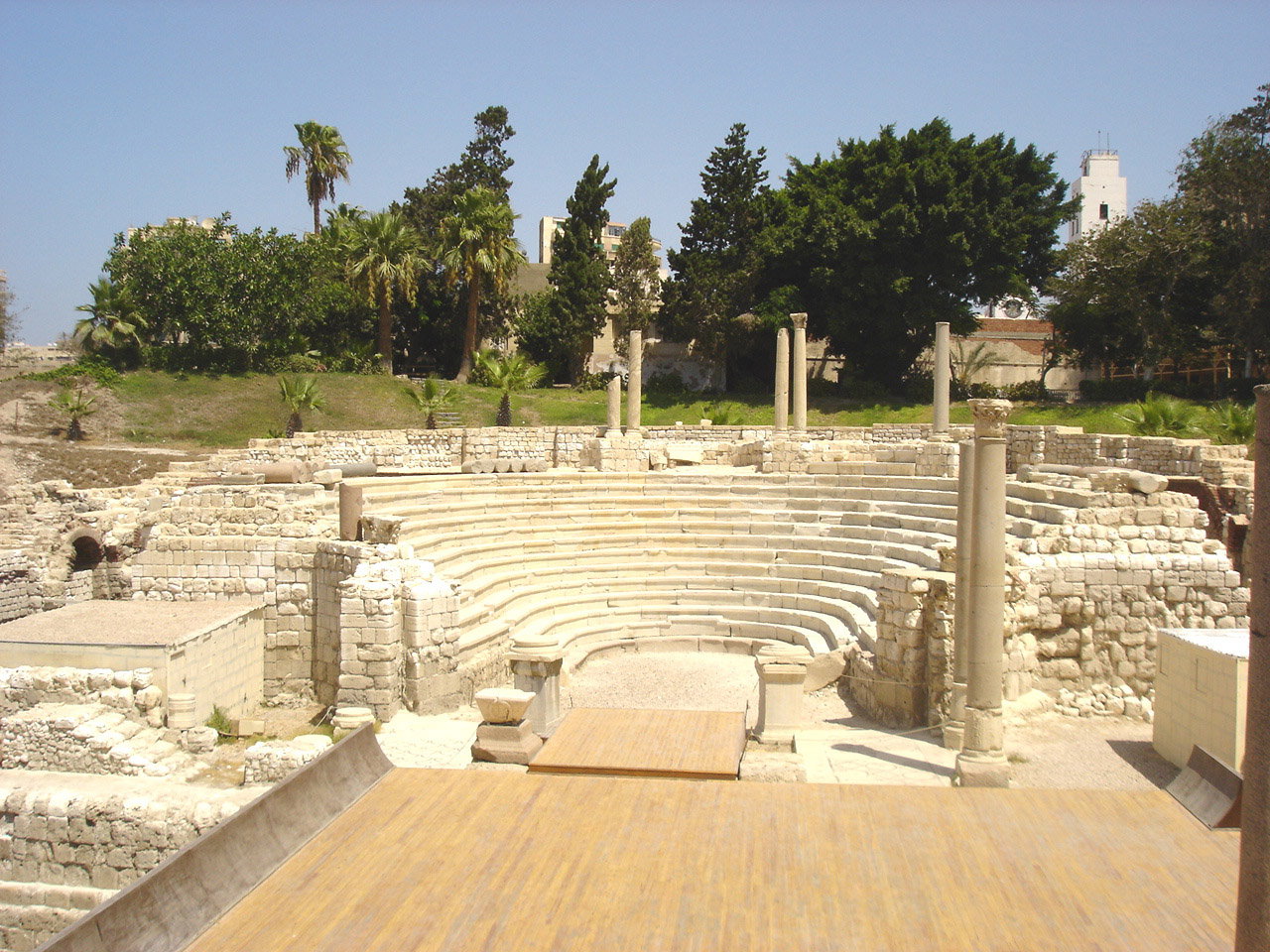Roman Amphitheater Alexandria: history, description, facts | Greco-Roman Monuments in Egypt
4.8 / 5 240 ReviewsAddress
Location: Kom el-Dekka, Ismail Mahana Road, Alexandria
Accessibility
Not wheelchair friendly
The Roman Amphitheatre in Alexandria is the only Roman amphitheater in Egypt, dating back to the second century AD. It was discovered by chance in 1960 by Egyptian-polish expedition in Kom el-Dekka. It was found when team of the expedition was trying to remove some remains of Napoleon's times. The theatre dates back to the 1st -2nd century BC. During times this place was changing its plan and function until in 6th century it became a place for celebration religion feasts.
The theater consists of 2 main parts: AUDITORIUM – lecture-room and SKENE – show-hall. Between these 2 parts there was a special place for orchestra. Diameter of the theatre was 42 meters. It's now impossible to identify exactly how many steps the theatre had until the 6th century. After it became 33,5 meters in diameter and had 16 steps. At the same century it was decided to change the open theatre into a close celebration hall. In the beginning it was a semi-circular auditorium with number of seating rows and a skene in the middle. Then it was decided to remove 3 steps (rows) up and prolong the auditorium. Also 6 columns on two rows were made to cover the theatre and support a dome which was planned to be put on the body of the theatre (steps) and 6 columns. But after construction the dome collapsed because of the wrong scientific calculations. After that time the theatre was not in use any more.
Till now you can see some remains of mosaic-flooring that covered one day all the floor of the scene. Steps of the theatre are made of white marble except for the lower one that is made of rose granite. The site is also home to the Villa of the Birds - four well-preserved floor mosaics which depict birds; rather than risk damaging the mosaics by moving them, a museum was built over the artwork to protect it from the elements.
